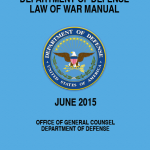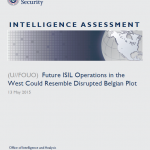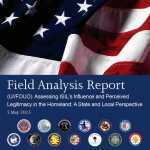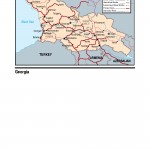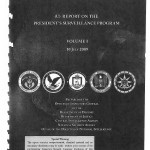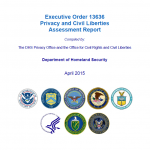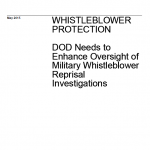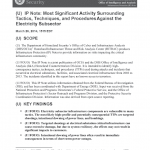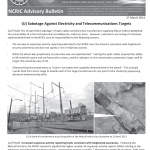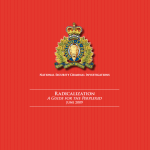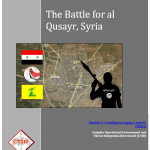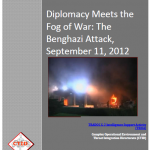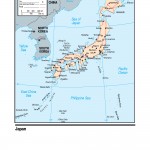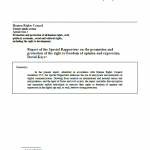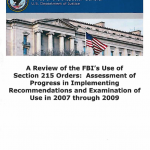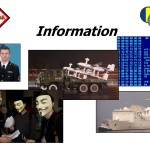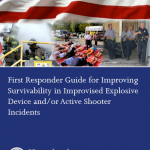
Recent improvised explosive device (IED) and active shooter incidents reveal that some traditional practices of first responders need to be realigned and enhanced to improve survivability of victims and the safety of first responders caring for them. This Federal, multi-disciplinary first responder guidance translates evidence-based response strategies from the U.S. military’s vast experience in responding to and managing casualties from IED and/or active shooter incidents and from its significant investment in combat casualty care research into the civilian first responder environment. Additionally, civilian best practices and lessons learned from similar incidents, both in the United States and abroad, are incorporated into this guidance. Recommendations developed in this paper fall into three general categories: hemorrhage control, protective equipment (which includes, but is not limited to, ballistic vests, helmets, and eyewear), and response and incident management.

